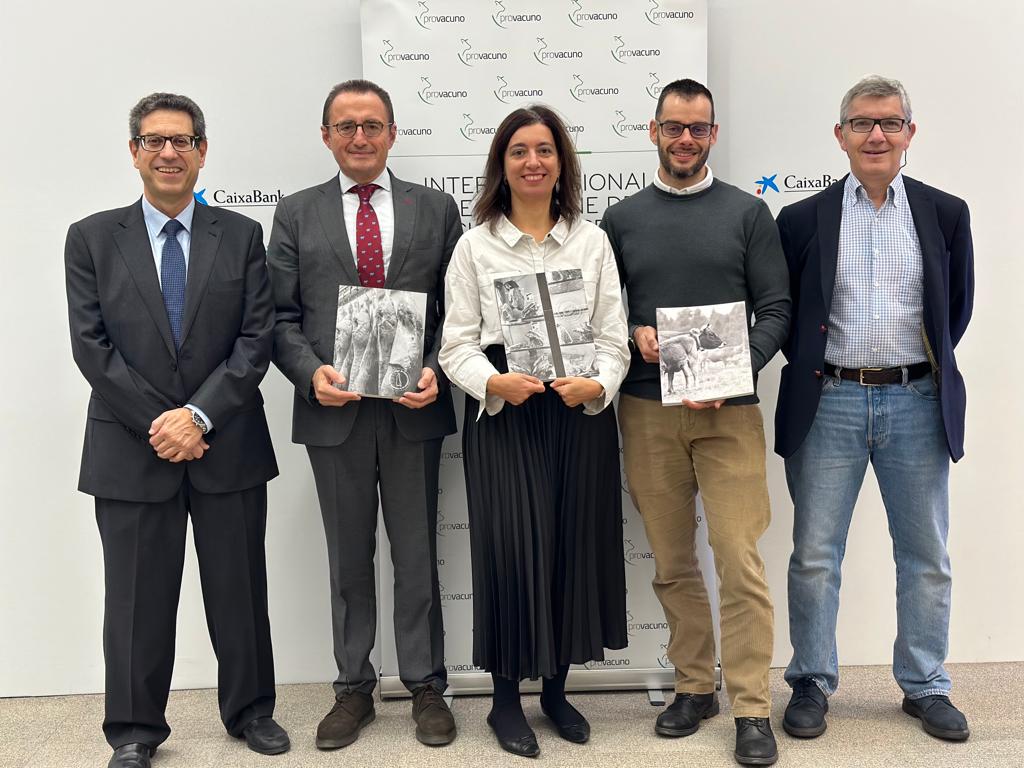The Spanish Beef Beef sector marks an important milestone by introducing the Codes of Good Environmental Practices designed to promote sustainability and reduce greenhouse gas (GHG) emissions throughout the value chain. This initiative is based on the sector’s awareness of the importance of mitigating climate change and contributing to the achievement of the international objectives of limiting the increase in global temperature to 1.5°C, according to the agreements adopted at COP21 in Paris in 2015.
These codes of good practices, as explained by Javier López, director of PROVACUNO, with trainers and an implementation plan in the sector “so that their application is a reality and meets the objective for which these codes are developed, the reduction of carbon emissions.” In addition to these codes, the sector is working to measure and calculate the environmental footprints of production, valorize by-products, properly manage manure and measure carbon sequestration on farms, in collaboration with the REMEDIA NETWORK, universities and other scientific actors.

The Carbon Neutral Beef 2050 strategy promoted by PROVACUNO with the collaboration of the scientific community has been developed following a continuous approach of knowing, measuring and improving environmental practices throughout the value chain with “transparency and in collaboration with Spanish researchers ” as explained by Jaime Yartu San Millán, president of PROVACUNO, during his speech
Within this strategy, three key documents have been created:
- Code of Good Practices for Livestock: This code is based on scientific research and collaboration with the technical and scientific community of the REMEDIA NETWORK. Provides practical guidelines to reduce emissions and improve efficiency on beef farms.
- Code of Good Practice for the Meat Industry: This code has been developed in collaboration with sector experts and scientists, and focuses on emissions reduction and sustainability in the transformation stage.
- Code of Good Practices for Butcher Shops: This code addresses sustainable practices at the point of sale, promoting the adoption of environmentally friendly practices.
Responding to a need. Background
Eight years ago, at COP21, ambitious goals supported by the international community were set to reduce GHG emissions and achieve climate neutrality. Spain, and in particular the Beef Beef sector, has worked in harmony with these objectives, taking concrete measures to reduce emissions and improve sustainability.
In 2019, the PROVACUNO Board of Directors agreed to implement the Carbon Neutral Beef 2050 strategy, which focused on research, the adoption of good environmental practices, improving productivity and collaboration with the Spanish scientific community.
The approval of the European Green Deal in December 2020, following the strategy promoted by PROVACUNO, and the growing media attention on livestock emissions strengthened the Beef Sector’s commitment to sustainability.
The president of PROVACUNO, Yartu San Millán, highlighted the commitment of the Beef sector to sustainability and mitigation of climate change “because I do not know any group as aware of the importance of taking care of the planet as this sector is. ”
Goal: neutrality 2050
PROVACUNO now puts tools at the disposal of the entire value chain to meet environmental demands and consumer expectations with these codes. This initiative is a “firm and decisive step” towards the implementation of sustainability strategies throughout the supply chain, “which goes beyond community directives” and whose objective is to continue advancing to achieve climate neutrality in the year 2050.
















